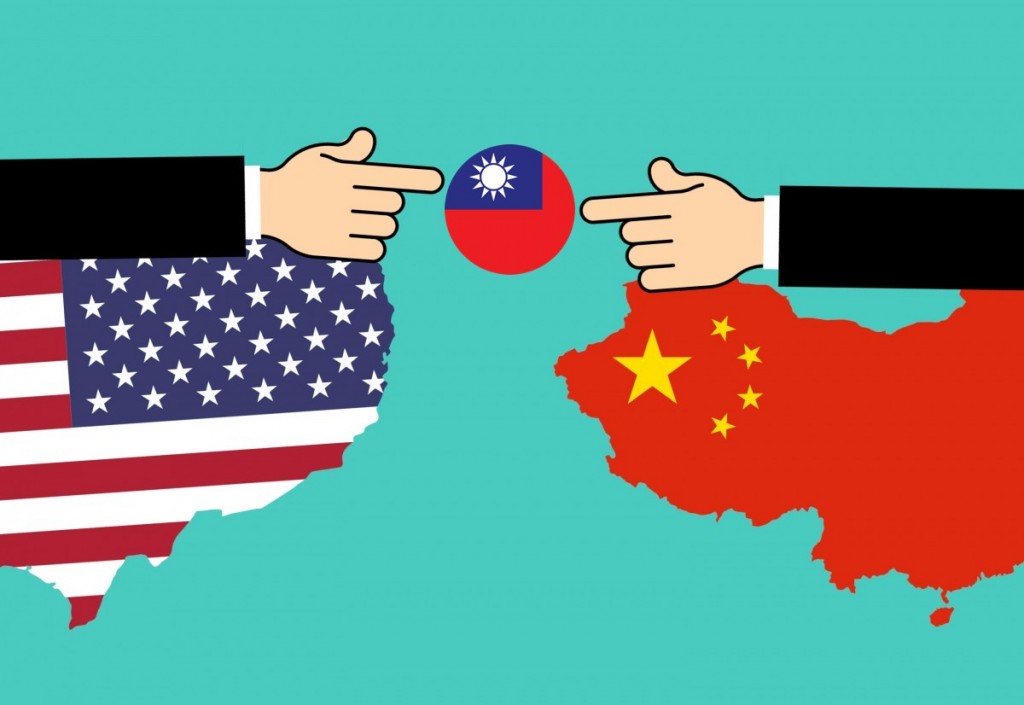Speaking in an interview with the website of the Strategic Council on Foreign Relations, Hossein Malaek, referring to the escalation of Western pressure on China over Taiwan and the visit of a US congressional delegation to Taipei on a military plane, stressed the need for paying attention to history to understand the existing dynamism in the region and said: China believes that it has reached an agreement with the United States called “United China” and has extended this understanding to the world. Accordingly, the international community should accept that there is only one China and that there is no political entity called the “Republic of China” and that its legitimate name is only “Taiwan”. Therefore, as long as “Taiwan” does not take a step towards its independence or increase its military capacity, it will be tolerable for China; otherwise China will be forced to take military action.
He continued: This dynamism has prevailed in that region since 1979. The United States is using those conditions and China’s sensitivity to Taiwan’s independence and military reinforcement as a leverage to put pressure on China and “correct” its behavior. From 2010 onwards, the United States by pursuing the policy of Pivot to Asia, along with the policy of encouraging China’s neighbors against that country and expanding its official military presence in the South China Sea, and eventually forming a military alliance with Australia and Britain or the Quad Alliance to contain China, is using Taiwan leverage.
The expert on China affairs said: Since 1979, the United States has shared responsibilities with Europe both for development economy of Taiwan and strengthening its military steadily and with upwards slope. US exports to Taiwan in 2020 amounted to 30.2 billion dollars, an increase of 16% over 2010 and equivalent to 2.1% of total US exports; Taiwan, on the other hand, accounts for 2.6% of the US imports, or 44.7 billion dollars.
Saying that apart from such relations, Taiwan also has an interesting relationship with China, he added: Taiwanese capitalists and Chinese living abroad, which was the result of the Mao Revolution, played a surprisingly positive role in China’s economic development program. One of the five initially declared free zones in Fujian Province was located right in front of the island of Taiwan, and the role that the Taiwanese played in the development of that region was very important.
Malaek continued: Taiwan has 44,056 approved investments equivalent to 188.5 billion dollars in China since the beginning of China’s opening program up to 2020, and trade relations between the two sides have been 149.2 billion dollars in 2020. It should be noted that the US investment in China that year was 124 billion dollars. China is Taiwan’s largest trading partner with 26.3% of its trade in the same year, and 2.68 million Chinese people visited Taiwan in that year.
Regarding perspective of China-Taiwan relations, he said: Based on the dynamism we are witnessing between the two sides, historical behavioral background of China, balance of power in the region and, most importantly, the rules governing US-China relations, several predictions can be made: First, the United States is pursuing its usual and expanding relationship with Taiwan, including the formal and informal strengthening of military bases, and China is constantly protesting such relations and trying not to recognize “any red line” for Taiwan and violate them from time to time. At the same time, it is trying to prevent the United States from publicizing and recognizing its relationship with Taiwan. China’s warnings to the United States and Europe for cooperation with Taiwan have mostly political aspect to maintain positions.
The former Iranian diplomat in China added: The United States, Japan, Britain and sometimes France, on the one hand, and China, on the other hand, are trying to prevent the other side from setting its own right, history, and norm in the Taiwan Strait and the South China Sea. This situation is tense and sometimes seems very serious, but it is unlikely to lead to a decisive conflict that causes one side to retreat and the other side to win.
Malaek stressed: There is no information that China, for the cooperation of Europe and the United States with Taiwan, takes sanctions, as it did with Hong Kong and Xinjiang, does not exist yet. There is no evidence that the United States is interested in changing the current balance on both sides of the strait (the current China-Taiwan relationship). The current increase in US military cooperation with Taiwan is in fact the US response to the qualitative and quantitative expansion of the Chinese military.
The analyst of China affairs, reminding that there are four major political parties in Taiwan, the approach of most of which is to maintain the current state of cooperation with China and pursue unity, he said. But in the ruling party, the Democratic Progressive Party (DPP), there is an interest in putting Taiwan’s independence to a referendum. Given that entering into such a process, even exhibitive, can create a bad political record, China has strongly opposed it.
He stressed: The Taiwanese political community as a whole does not seem to be interested in taking radical action to change the balance of power, therefore at least in the medium term it can be assumed that positions of the two parties supporting Taiwan’s independence have mostly propagative or even blackmail aspect, from China.










0 Comments